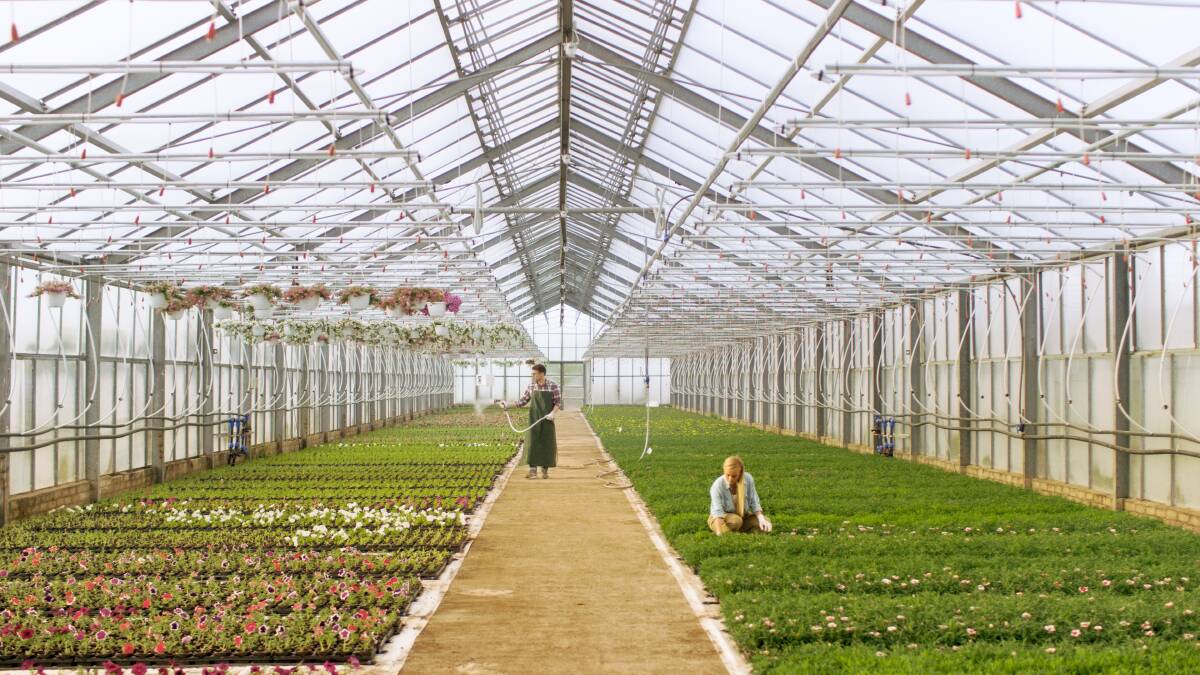Carbon farming - a lot to consider and a lot to learn

This is branded content for RSM
There has been an increase in understanding and thought leadership on Carbon Farming and ESG (Environmental, Social, Governance) throughout 2023.
This has increased concern that international and government regulation will risk locking family farms out of commodity markets, therefore challenging their viability.
Whether you are cynical or a believer, global and trading trends are likely to ensure businesses will need to be responsible participants in the ESG space.
The credit market will be influenced by various organisations acquiring carbon credits for commercial, speculative, and operational reasons.
These factors will ensure that the future value of carbon credits remain uncertain.
Farmers need to be prepared when they engage with this market, or for the day when the carbon farming consultant calls to make an appointment to tell you how your business can benefit from carbon farming.

Farmers need to understand where they sit in the market, and consider the following:
HOW easily will you be able to generate credits on your farm? There will be different outcomes based on whether you are a pastoralist or broadacre farmer, and where you are located. Specifically, you will get better outcomes from revegetating marginal land than relying on soil carbon capture. Having done your homework on returns from current activities and how these will compare to a significant pivot will be essential.
WILL you need credits in the future to participate in certain markets? If so, don't be too quick to generate cash by selling your credits as a knee-jerk reaction to increasing interest costs, inflation, and a drop in livestock prices. Consider your farming business and your medium-term plans. You may need credits in the future to access markets and you do not want to be the victim of a volatile credit trading market, having to buy back, at the wrong time.
WILL you have a clear understanding of what you are signing? The legal issues and agreements are new in this young sector, and generally they have been drafted by a consulting business keen to make its business viable. These also extend over a very long period, often more than 25 years. Analyse the terms of the contract and understand that these may be agreements that you are committing your children to.
DO you understand what you are paying? Service providers may ask to be remunerated by taking a share of your credits. They take this approach because they believe that there is greater future value in the credits than being paid in cash by you today. By paying in cash, you will create certainty, and maybe more value.

These are simply a fraction of the issues to consider, there are many more moving parts.
Ensure you start your homework now by educating yourself, and making time to reflect on the business you will be running in the future.
To unlock methods of reducing environmental agriculture download our AgTech report HERE.
If you would like to learn more about the topics discussed in this article, please contact your local RSM adviser.
This is branded content for RSM


